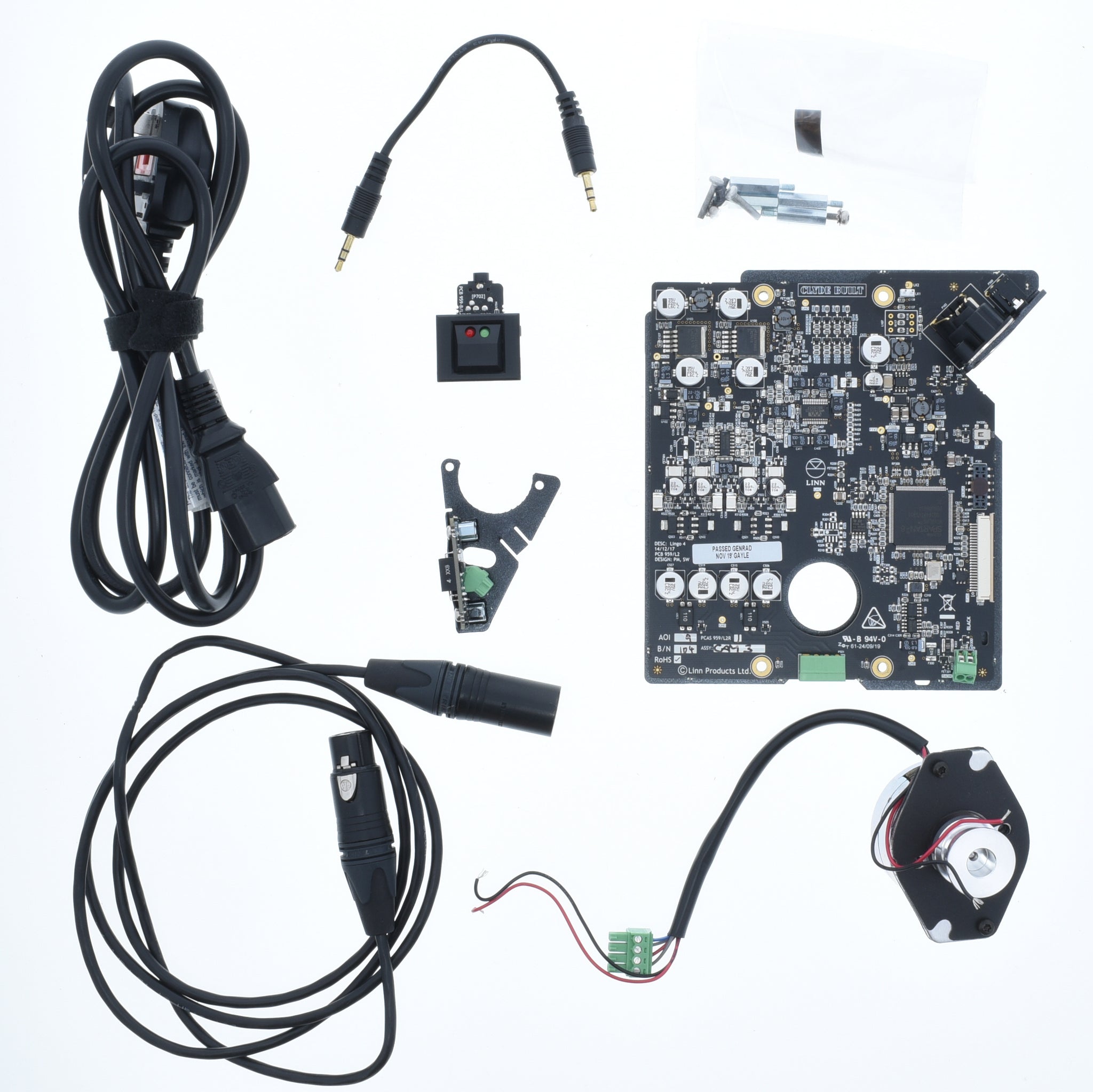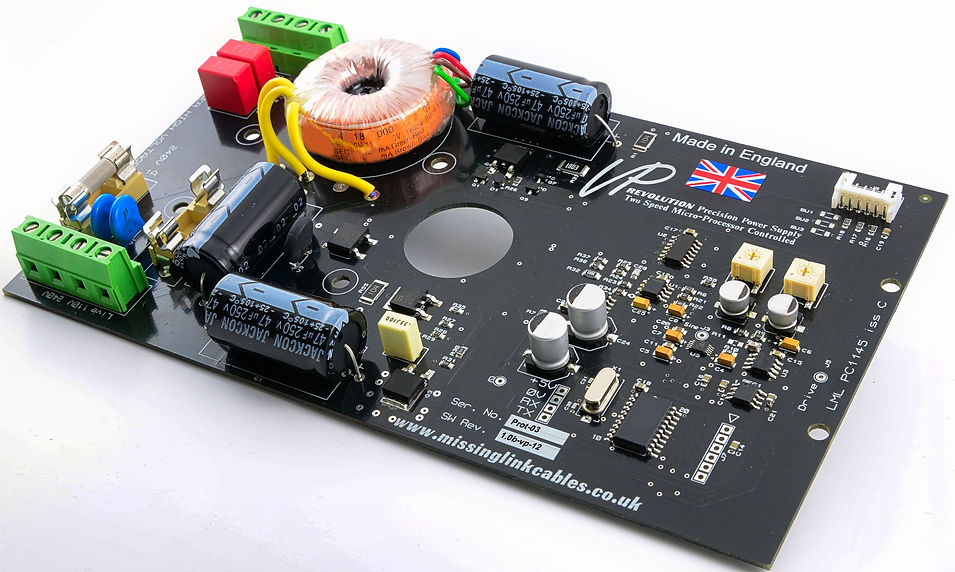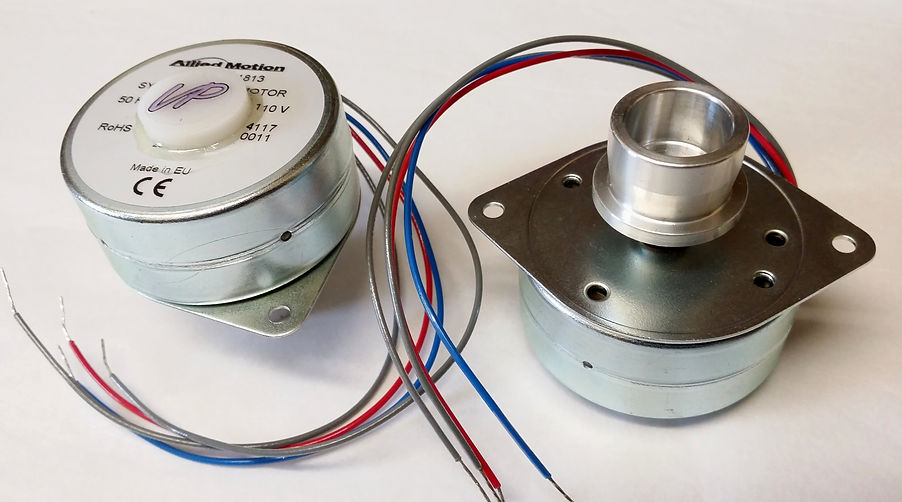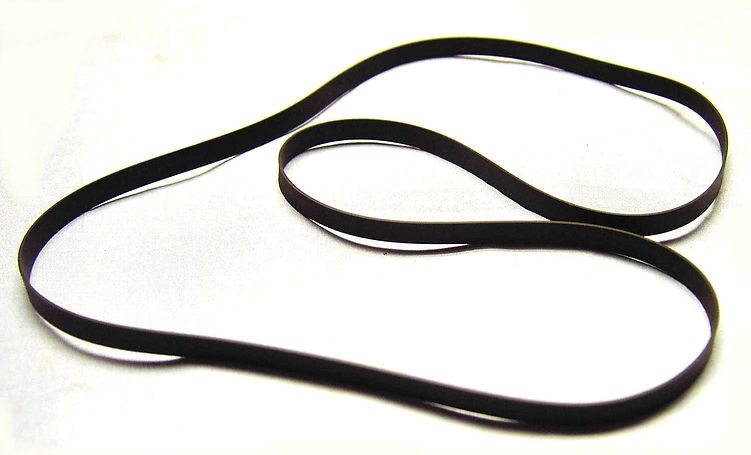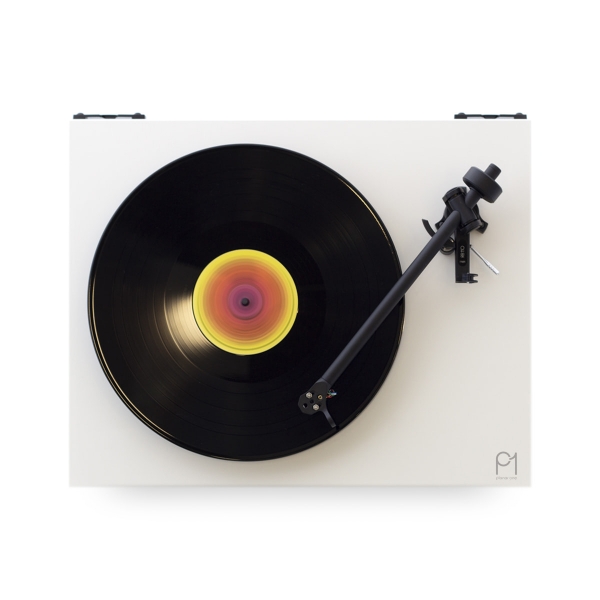SONDEKNZ
Kiwi, now living in Hangzhou, CHINA
Very pleased with my External Zeus, had it for circa 15 months or so. I have never heard any speed drift whatsoever when playing records. I have also heard a Lingo 4 equipped LP12 and in my honest opinion they both sounded great and I noticed no discernible difference in either the timing or presentation of the music...
This feedback is worth GOLD! Thank you.
Assuming that the two LP12s you heard side by side were otherwise similar spec, this makes the VALHALLA ELECTRONICS ZEUS very competitively priced versus the LINN LINGO 4.
I also like that ZEUS provides the option of (full) external mounting of all AC electronics, whereas the LINGO 4 still requires that the AC powered board is snuggled-up close to the platter and the cartridge.
